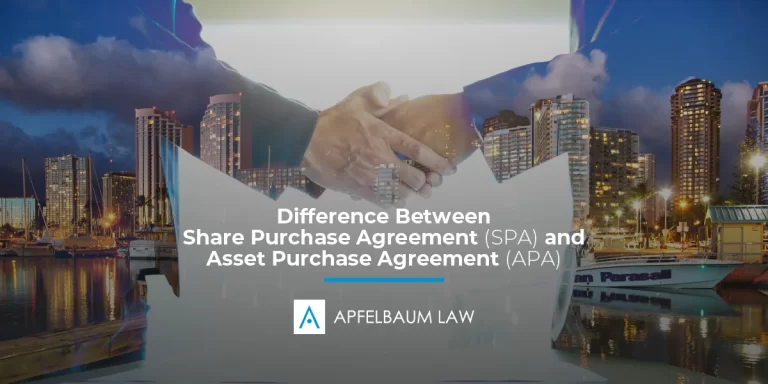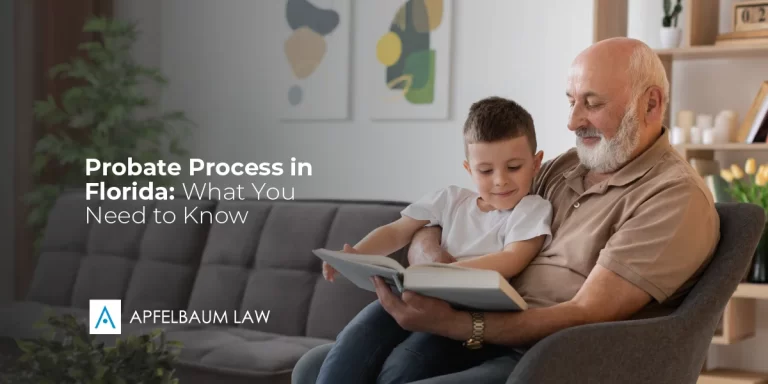The real estate closing process is the final, and arguably most important, step in purchasing a home. In Florida, this day marks the transfer of the property title from the seller to the buyer, officially completing the transaction. If you’re a first-time buyer or seller, it’s important to know what to expect on real estate closing day in Florida to ensure a smooth and successful experience.
In this guide, we’ll walk you through the steps of a typical real estate closing in Florida, highlighting potential costs and legal requirements to help you feel prepared and confident.
What is Closing Day?
The real estate transaction usually concludes on closing day. Both the buyer and the seller come together to sign documents, settle any financial transactions, and officially transfer ownership of the property. After signing, the buyer receives the keys, and the seller gets paid.
In Florida, real estate closing typically involves multiple parties, including the buyer, seller, real estate agents, lenders, and, often, a real estate attorney. While Florida doesn’t require a lawyer to oversee the closing, having one on hand can help ensure all legal aspects are properly handled.
The Closing Process in Florida
Here’s an outline of what to expect during the closing process in Florida:
1. Communication and Setting the Date
Once the purchase and sale agreement is signed, it’s sent to the lender, the buyer and seller’s attorneys, the title company (if different than one of the attorneys), and the parties’ agents. The closing date is typically set in this contract, but it can be adjusted depending on factors like the lender’s readiness or availability of parties.
2. Title Search and Title Report
Your real estate attorney or a title company will conduct a title search to ensure there are no outstanding liens or issues with the property. Any issues that arise must be resolved before the closing date. A title report with the findings of this search will be given to the buyer and lender. This ensures that the property title is clear for transfer and the seller can provide marketable title to the buyer.
3. Closing Disclosure and Settlement Statement
A few days before real estate closing day in Florida, the lender is required by law to provide a Closing Disclosure (CD). This document outlines all the costs and fees associated with the transaction, including the purchase price, loan amount, and other financial details like taxes and insurance. In order to make sure everyone is in agreement at the closing, the parties will also obtain a Settlement Statement, which will specify exactly how much money they need to bring.
4. Signing the Documents
On real estate closing day in Florida, both the buyer and seller will sign the required documents (the signing of the documents may be done electronically, in person, or mailaway – all depending on the parties’ location, availability, and the documents that each party needs to sign). These documents include the closing disclosure, the deed, affidavits, and any mortgage-related papers like the promissory note and mortgage agreement.
Be sure to bring a valid form of ID (a driver’s license is most commonly accepted). You will also need to do the final transfer of funds to the closing agent (e.g., real estate attorney). If you’re the seller, be sure to provide instructions to the real estate attorney or title company as to how you would like to receive the net sale proceeds.
Closing Costs: How Much Will You Pay?
One of the most common questions buyers and sellers have is, “How much are closing costs?” The answer can vary widely, but it’s helpful to understand the key expenses.
Buyer’s Closing Costs
Typically, buyers in Florida can expect to pay between 2% and 5% of the property’s purchase price in closing costs. The exact amount depends on various factors, including the price of the home and local fees. Here are the most common buyer closing costs:
- Loan application fees: Paid to the lender for processing your loan application.
- Attorney fees: Although not required by Florida law, hiring a real estate attorney is highly recommended. Expect to pay anywhere between $800 and $1,500.
- Appraisal fees: A property appraisal may be necessary to determine the value of the home, costing around $300-$500.
- Title insurance: This insurance protects the buyer against any future disputes regarding the property title. Title insurance cost varies , depending on the property value, but title insurance rate is a promulgated rate.
- Recording fees: These are fees paid to record the new deed with the county.
- Homeowner’s insurance and Property taxes: Lenders often require prepayment of the first year of homeowner’s insurance and may require you to put aside property taxes in an escrow account.
Seller’s Closing Costs
Sellers also have certain fees to cover, including:
- Realtor commissions: In Florida, sellers typically pay the real estate agent’s commission, which is usually around 5%-6% of the sales price.
- Title search: The seller may need to cover the title search cost, usually around $150-$400.
- Document preparation: Preparing the deed and other necessary documents may cost anywhere from $500 to $1,000..
- HOA transfer fees: If the property is part of a homeowners’ association (HOA), the seller might need to cover transfer fees, typically between $250-$500.
All of these fees associated with the buyer and seller may vary depending on a number of factors, including the cost of the house and the agency you are using.
After the Offer: What to Expect
Once your offer is accepted, there are still a few key financial and legal tasks to handle before closing day.
Money Matters After Offer Acceptance
Once the purchase agreement is signed, buyers are generally required to make an earnest money deposit, which is held in escrow. This deposit (usually around 1%-3% of the purchase price) demonstrates your commitment to the transaction.
From here, you’ll also need to complete your mortgage application and prepare for the closing costs. Be sure to review your lender’s loan estimate carefully to understand what you’re being charged.
Legal Considerations After Offer Acceptance
The buyer should arrange for a home inspection, lien search, and title search. The inspection ensures that the property is in proper condition, while the title and lien searches guarantees there are no outstanding claims or liens on the property. Your real estate attorney may handle most of the legal aspects, ensuring that everything is in order for closing day.
Why You Need an Attorney for Real estate Closing Day in Florida
The various documents, closing costs, and potential legal complications can easily overwhelm even the most informed buyer or seller. By working with an experienced law firm, you can be confident that every detail of the closing is carefully examined and that you won’t make any costly legal errors down the road. While title companies may provide similar services as a real estate closings attorney, title companies cannot provide legal advice. Furthermore, the cost associated with hiring a title company vs. a real estate attorney may not vary significantly, thereby providing you with better protections and assurances if you hire a Florida real estate attorney.
Complex Contracts Require Legal Expertise
Real estate contracts can be complicated, with numerous clauses that could impact your financial and legal standing. Missing a single contract detail could leave you liable for costs or responsibilities that you didn’t expect. That’s why we, at Apfelbaum Law, encourage clients to have every contract reviewed by a professional. This can prevent misunderstandings and ensure that all contractual obligations are clear.
Negotiating Fees and Closing Terms
At Apfelbaum Law, we help clients understand which fees they can negotiate and whether it makes sense to do so in their specific transaction. Negotiating closing costs can potentially save buyers or sellers thousands of dollars, but it’s a delicate process that requires legal expertise. An attorney can guide you through this, advising you on which fees you might request the seller to cover or which costs might be added to the loan balance.
Preparing for After Closing
Even after signing all the documents and handing over the keys, there are still several post-closing tasks to complete. This includes ensuring that property taxes and homeowners’ insurance are properly set up and that the title transfer is recorded correctly.
Financial and Legal Considerations After the Offer
After accepting an offer, buyers and sellers must prepare for the remaining financial and legal steps before closing day, such as securing financing, completing inspections, and ensuring a clear title. A knowledgeable legal partner like Apfelbaum Law is crucial in guiding clients through the process. They will handle everything, from negotiating with lenders to ensuring contractual obligations are met, providing the buyer peace of mind in dealing with real estate.
Final Thoughts on Closing Day in Florida
The closing process is a critical part of buying or selling a home. By understanding what to expect and being prepared for the associated closing costs, you can avoid unnecessary stress and ensure a successful transaction. Whether you’re a buyer or a seller, working with experienced professionals like real estate agents, real estate attorneys, and lenders can help make the process smoother.
If you’re looking for guidance on closing day or have further questions about the steps involved, don’t hesitate to contact our team. We’re here to help you navigate this important process with confidence and ease.



